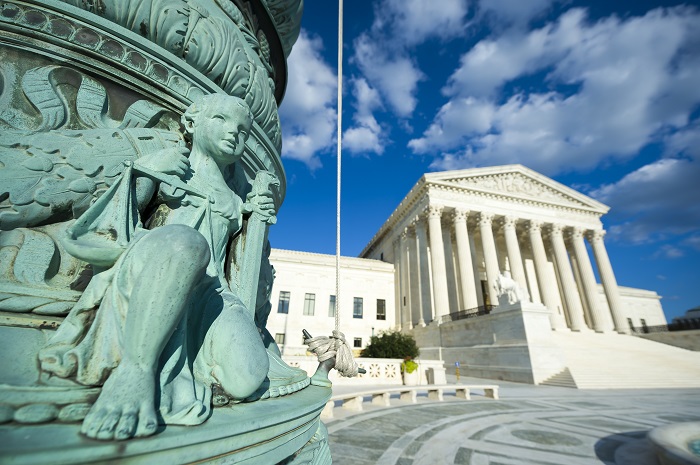Idaho HB 425 was introduced on Feb. 6, 2020, to address the perceived issue that “current Idaho law enables excessive attorney's fees and fails to provide judges with clear guidance to combat abuses of the collections process.” This proposed law would apply to “any person” and does not limit its application to debt collectors.
Posts tagged as “compliance”
Consumer data privacy appears to be on the minds of legislators in Arizona this session. As previously mentioned, House Concurrent Resolution 2013 was introduced in Arizona on Jan. 10, 2020, by five Republicans and one Democrat declaring: That the Members of the Legislature oppose the enactment of laws, the adoption of regulations or the imposition of out-of-state standards that would restrict or otherwise dictate standards related to consumer data privacy, absent a clear nexus with consumer harm. That the Members of the Legislature believe a single federal standard for comprehensive consumer data privacy regulation is preferable to a state-by-state approach. Not…
Like many states across the U.S., Hawaii and Maryland have introduced new privacy legislation this year geared toward protecting consumers' personal information.
As California Attorney General Xavier Becerra advises consumers of all their new rights under the California Consumer Privacy Act (CCPA), multiple states are introducing their own privacy acts, some of which are remarkably similar to the CCPA. The most-watched privacy legislation is perhaps in Washington State, described below, which very nearly passed its Privacy Act last year.
New York Gov. Andrew Cuomo has proposed a bill to license consumer debt collectors. The proposal comes as part of the governor’s 2021 “budget bill” and was introduced on Jan. 21. A copy is available here. The bill proposes an effective date of Oct. 1, 2020.
The U.S. Court of Appeals for the Sixth Circuit recently affirmed a district court’s finding that a consumer lacked standing to pursue a lawsuit alleging that collection notices sent by a law firm violated the FDCPA because no attorney with the firm conducted a meaningful review of his debts.
Effective Jan. 15, 2020, the Consumer Financial Protection Bureau increased the maximum civil monetary penalty it can impose within its jurisdiction. The increases are required by federal law, which requires agencies to adjust for inflation each civil monetary penalty within an agency’s jurisdiction by Jan. 15.
It has been an extraordinary 365 days for consumer financial services law. I cannot recall a year where so many states introduced legislation or proposed regulations or rules impacting the credit industry. At the federal level, proposed rules for the Fair Debt Collection Practices Act were (finally) released and California also proposed regulations under the California Consumer Privacy Act.
The year 2020 offers to be an interesting one for bankruptcy litigation. With several issues before the Supreme Court, at least one will have a material effect on financial services. In addition, higher credit costs will spur an increase in the number of bankruptcy filings, both on the consumer and commercial side. With the California Consumer Privacy Act taking effect on Jan. 1, it will not be long before we see issues arising from it percolating into bankruptcy cases.
The European Union’s General Data Protection Regulation (GDPR) went into effect on May 25, 2018, and introduced privacy concepts that were new to some U.S. businesses. Fortunately, the GDPR was developed over a period of time that allowed for thoughtful deliberation and careful drafting. The California Consumer Privacy Act (CCPA), on the other hand, was speedily enacted under the threat of a ballot initiative.
There is no discovery rule for federal Fair Debt Collection Practices Act claims, the U.S. Supreme Court held today. Affirming the U.S. Court of Appeals for the Third Circuit's decision in Rotkiske v. Klemm, today’s opinion also overrules an earlier ruling from the U.S. Court of Appeals for the Ninth Circuit, Mangum v. Action Collection Serv., Inc. There, the Ninth Circuit permitted FDCPA claims to run from when the plaintiff knows or has reason to know of the violation.












